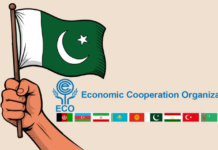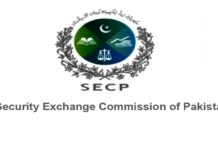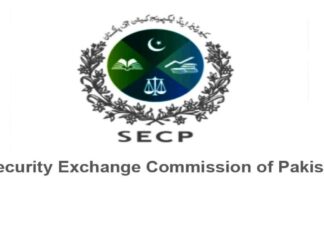The Asian Infrastructure Investment Bank (AIIB) has approved $240 million in funding for the second phase of the Karachi Water and Sewerage Services Improvement Project (KWSSIP), aimed at addressing critical issues in the city’s water and sanitation infrastructure.
The new phase of the project will focus on increasing water availability, enhancing the safety of water and sewerage services, and improving the financial and operational efficiency of the Karachi Water and Sewerage Corporation (KWSC).
The funding builds on the initial $40 million provided by AIIB for the first phase of the project.
This phase will build upon the reforms started in the first phase, scaling up investments to significantly improve Karachi’s water supply and sewerage services. The project also aims to rehabilitate existing infrastructure and construct new facilities, thereby benefiting more people while continuing the implementation of necessary operational reforms.
The project’s goal is to ensure that by 2030, 16 million people in Karachi will have access to safely managed water and 10.4 million will benefit from improved sanitation. The initiative is co-financed by the World Bank, which is the lead financier. It will also be subject to the AIIB’s Environmental and Social Framework (ESF), ensuring that the project complies with international environmental and social safeguards.
The second phase of the project seeks to tackle three main challenges facing Karachi’s water and sanitation system: the overall water supply shortfall, low water quality, and the inadequate sewage treatment capacity.
























